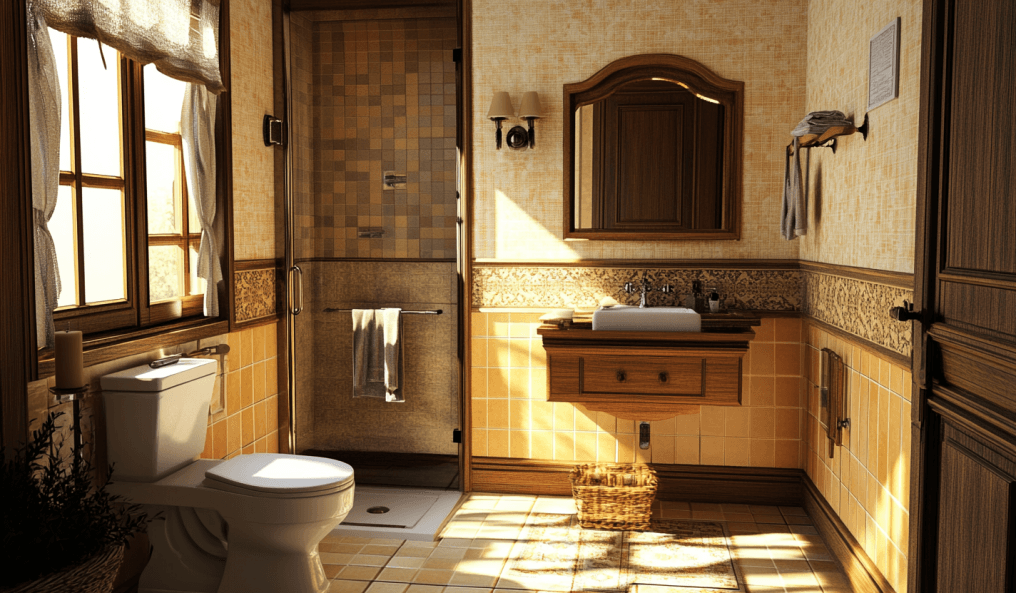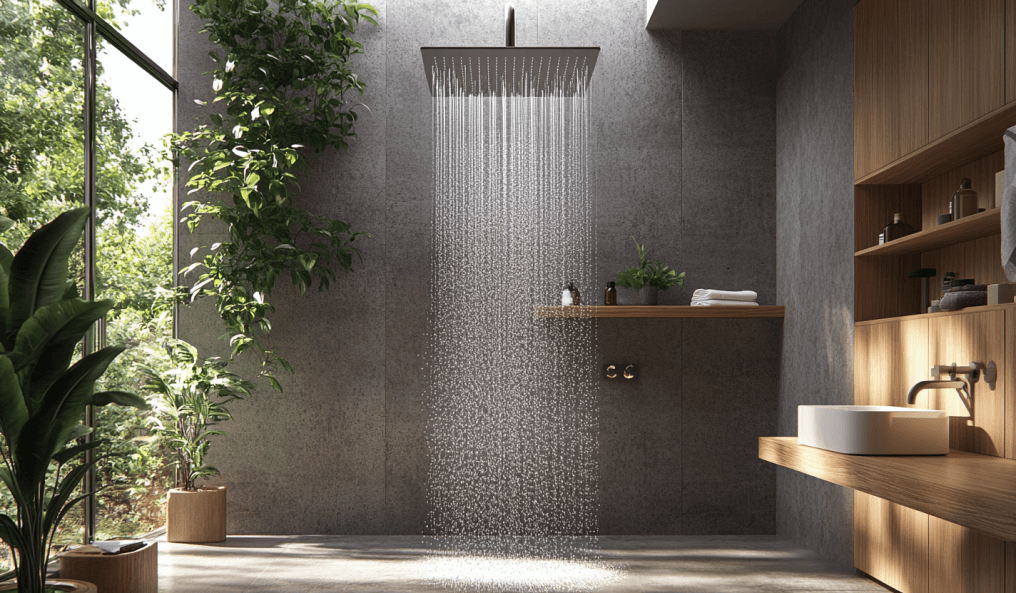As water scarcity becomes a growing concern globally, real estate developers are increasingly focusing on sustainable practices.
One of these low impact methods includes water conservation. Incorporating water-efficient designs and technologies in real estate projects not only helps conserve this precious resource but also reduces operational costs for property owners and enhances the value of the property.
Water conservation is an essential aspect of sustainable real estate development that contributes to environmental protection and improves long-term sustainability.
Here are some of the key water conservation techniques that real estate developers in Kenya and beyond can implement.
Table of Contents
1. Rainwater Harvesting Systems
Rainwater harvesting is one of the most effective ways to conserve water in real estate developments. This technique involves capturing and storing rainwater from rooftops and other surfaces for later use. The collected water can be used for various non-potable purposes, such as irrigation and flushing toilets.
- Advantages
- Reduces reliance on county water supply.
- Cost savings on water bills.
- Reduces rainwater runoff, preventing flooding and erosion.
- Application in Kenya
- Many areas of Kenya experience seasonal rainfall, making rainwater harvesting a practical solution for water conservation, especially in urban developments and rural residential projects.
READ MORE – Sustainable Construction Practices and Materials: Building a Greener Future
2. Low-Flow Fixtures

Water saving plumbing fixtures, such as faucets, showerheads and toilets, are designed to use significantly less water than traditional fixtures without sacrificing performance. These fixtures help reduce water consumption in homes, offices, and commercial properties.
- Advantages
- Reduces water usage in everyday activities.
- Lowers water and energy bills.
- Application in Kenya
- In new residential and commercial developments, installing low-flow fixtures can help meet water conservation goals, especially in cities like Nairobi, where water shortages are common.
3. Greywater Recycling Systems

Greywater recycling involves capturing water from showers, sinks and washing machines, treating it and reusing it for non-potable purposes such as landscaping or toilet flushing. This method can significantly reduce water waste in a real estate development.
- Advantages
- Reduces demand on the freshwater supply.
- Provides a sustainable source of water for non-drinking uses.
- Application in Kenya
- In urban and rural-urban developments, greywater recycling can be an effective way to conserve water, especially in areas with limited water infrastructure.
4. Smart Irrigation Systems

Landscaping and irrigation can account for a significant portion of water usage in real estate developments. Smart irrigation systems use weather data, soil moisture sensors, and other technology to optimize water use, ensuring that plants receive just the right amount of water.
- Advantages
- Minimizes water wastage through over-irrigation.
- Adapts to changing weather conditions and soil moisture levels.
- Application in Kenya
- In residential estates and commercial properties with gardens or green spaces, smart irrigation systems can help maintain landscapes without wasting water, particularly in drier regions like Kajiado and Laikipia.
READ MORE – Harnessing Solar Power for Real Estate Properties in Kenya
5. Permeable Paving
Permeable paving materials allow water to seep through the surface and into the ground, reducing rainwater runoff and promoting groundwater recharge. This technique helps prevent water from being wasted and minimizes the risk of flooding.
- Advantages
- Reduces rainwater runoff and improves groundwater replenishment.
- Prevents flooding in areas prone to heavy rainfall.
- Application in Kenya
- In urban developments with paved surfaces, permeable paving can help manage stormwater and reduce the strain on local drainage systems in cities like Nairobi.
6. Leak Detection and Prevention Systems
Water leaks in plumbing systems can result in significant water wastage over time. Installing smart leak detection systems that monitor water flow and alert property owners to leaks can prevent water loss and reduce water bills.
- Advantages
- Prevents water wastage through timely leak detection.
- Helps avoid damage to the property from undetected leaks.
- Application in Kenya
- Leak detection systems are ideal for both residential and commercial properties, especially in large developments where undetected leaks could lead to significant water loss over time.
READ MORE – 5 Simple Changes You Can Make to Create an Eco-friendly Home
Conclusion
Water conservation is a crucial aspect of modern real estate development in Kenya, where water shortages and high demand for this resource are pressing issues.
By incorporating these techniques developers can create more sustainable, cost-effective and environmentally friendly properties.
These methods not only benefit the environment but also reduce operational costs and increase the value of properties. As Kenya continues to grow, integrating water conservation into real estate projects will play a vital role in ensuring the sustainability of urban and rural developments.



